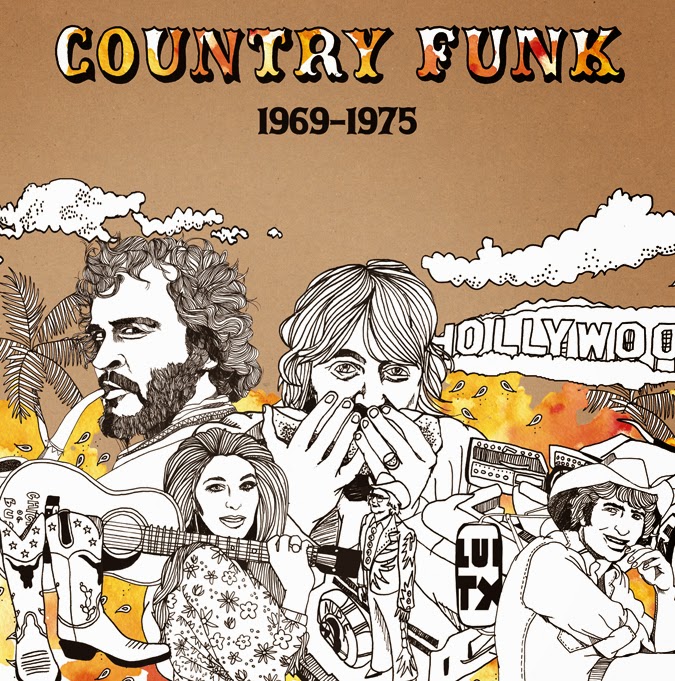Celebrating 45 years exactly today, this week’s anniversary album is The Doors 1971 masterpiece L.A. Woman.
L.A. Woman was the Los Angeles psychedelic rock groups 6th studio release, and the last full-length album to feature singer Jim Morrison. Morrison would die from an alleged heroin overdose three months after the albums release.
This album nearly did not happen, as leading up to the recording of it the band were blacklisted on the radio in the States, their record contract was at an end, and Morrison was facing charges of profanity and indecent exposure.
Musically speaking, L.A. Woman continued down the blues rock path that pursued on the previous record Morrison Hotel.
This was a back to basics rock and roll sound, something a lot of acts at the time were pursuing as the flower power/psychedelic movement was wrapping up.
The band even hired bass player Jerry Scheff and rhythm guitarist Marc Benno to round out their sound. Gone were the long psychedelic pieces and in were more jam-based groove tracks such as Been Down So Long and Crawling King Snake.
So often the centrepiece of Doors records, Morrison’s song-writing still managed to have a chance to shine, despite an overall back to basic aesthetic where extended lyrical passages were not always welcome.
Two tracks in particular stood out in this regard, The W.A.S.P. Radio Texas, which is based on a poem Morrison wrote, and the seven minute epic Riders On The Storm, the last track the band would record together.
On its release, L.A. Woman was met with positive reviews with Rolling Stone in particular calling it the bands best album. Meanwhile, it made it to number nine in the States. However, the band never got the chance to tour the record as Morrison had moved to Paris where he passed away three months after its release.
L.A. Woman’s legacy holds up well all these years later, and it remains a fan favorite. The album as a whole is also highly regarded by critics, with many saying it represents a successful connection between the blues and the Doors mystifying psychedelic rock sound.
Author of the Complete Guide To The Music Of The Doors Peter K Hogan labelled the album a fitting swansong for Morrison, who was pleased to have finally recorded a blues-oriented album.
- Sam



